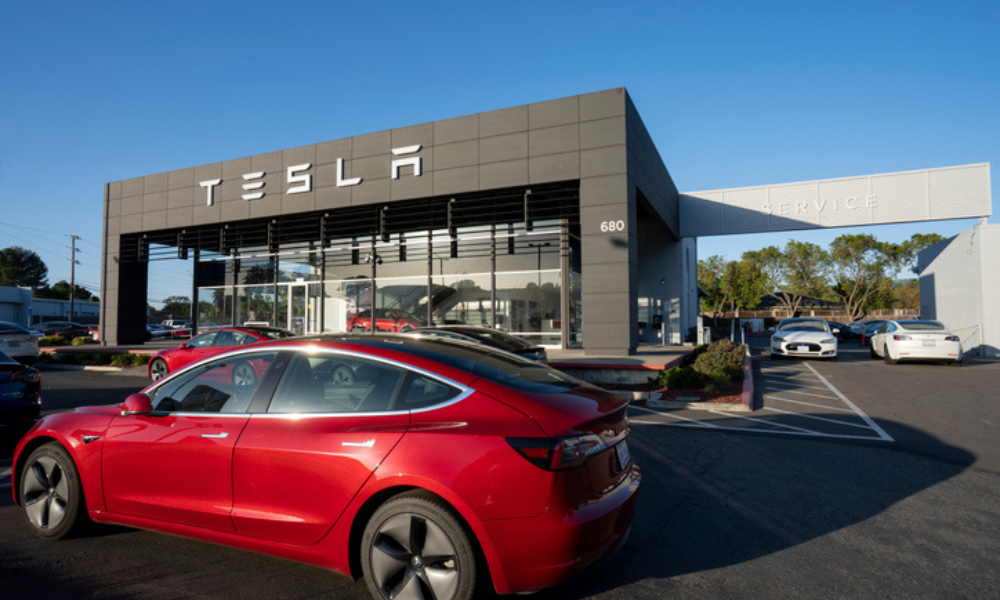
Tesla allegedly tolerated systemic, casual racism against Black employees, heading to California court for violating Civil Rights Act

The U.S. Equal Employment Opportunity Commission (EEOC) filed a lawsuit yesterday against Tesla, Inc. for alleged ongoing and widespread racism at its manufacturing facilities, including open racial slurs in common areas and anti-Black graffiti. Tesla has also been charged for alleged retaliation against Black employees who attempted to speak out.
In a press release, the EEOC stated “since at least 2015 to the present, Black employees at Tesla’s Fremont, California manufacturing facilities have routinely endured racial abuse, pervasive stereotyping, and hostility”.
The release went on to describe how slurs were used casually and openly in public worker hubs and high-traffic areas.
The EEOC charge alleged that Tesla violated Title 7 of the federal Civil Rights Act of 1964, which prohibits discrimination on the basis of race, color, religion, sex or national origin.
“Black employees regularly encountered graffiti, including variations of the N-word, swastikas, threats, and nooses, on desks and other equipment, in bathroom stalls, within elevators, and even on new vehicles rolling off the production line,” stated the EEOC’s press release.
The EEOC investigation also discovered “various forms of retaliation” against Black employees who objected to the abuse, including changes in job duties, transfers, terminations, and other adverse actions.
Charlotte A. Burrows., EEOC Chair, said in a statement that this suit is just one of many racial discrimination suits that have been filed this year.
“Combatting systemic harassment in workplaces is a key strategic enforcement priority for the EEOC,” said Burrows. “Unfortunately, as the lawsuits EEOC has filed this fiscal year show, racial harassment remains a persistent problem in employment. Every employee deserves to have their civil rights respected, and no worker should endure the kind of shameful racial bigotry our investigation revealed.”
“Today’s lawsuit makes clear that no company is above the law, and the EEOC will vigorously enforce federal civil rights protections to help ensure American workplaces are free from unlawful harassment and retaliation.”
This isn’t the first time Tesla has been in court for racism charges.
In 2015, Tesla was ordered by a jury to pay around $3.2 million in damages to Owen Diaz, a Black former employee who was discriminated against on the job because of his race.
CNBC reported that the current case began with a cause finding against Tesla last year which resulted in a mandatory conciliation process, which was unsuccessful. That failure led to this suit.
“When you let a standard slip, you’ve set a new standard,” said EEOC San Francisco district office director Nancy Sienko.
“Determining that prolific racial slurs do not merit serious discipline and failing to correct harassing conduct sends an entirely wrong message to employees. It also violates an employer’s legal responsibility to act swiftly and effectively to stop race-based harassment.”
In its statement, the EEOC said it is seeking compensatory and punitive damages, back pay for the affected workers, and injunctive actions to “reform Tesla's employment practices to prevent such discrimination in the future."
The EEOC has filed its suit (EEOC v Tesla, Inc., Case No. 4:23-cv-04984) in U.S. District Court for the Northern District of California.